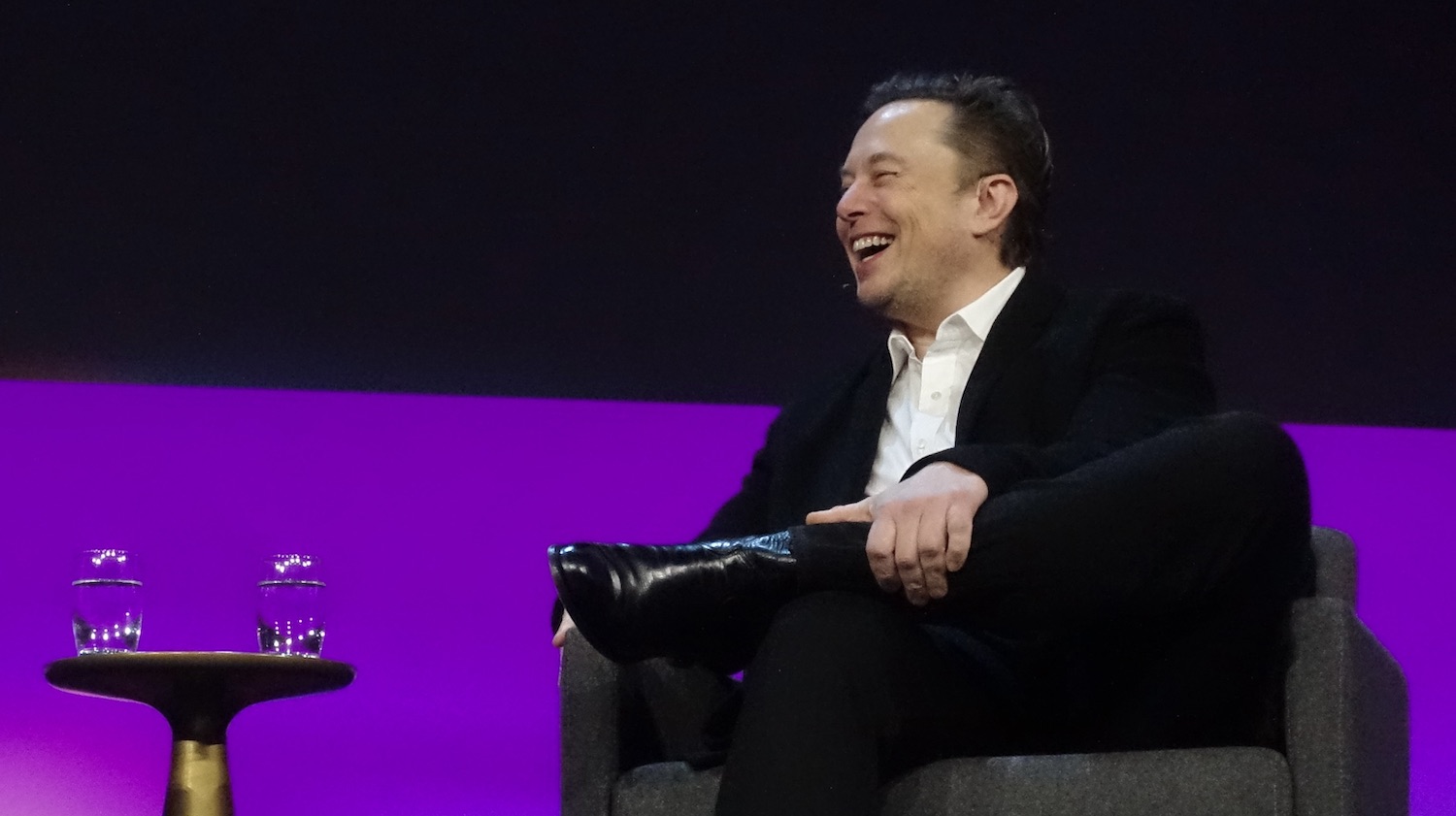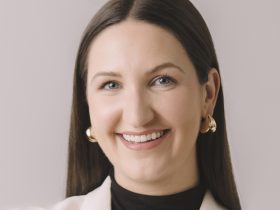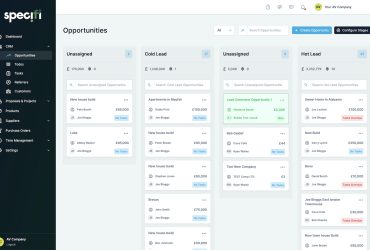Billionaire Elon Musk expressed his interest in buying the social sharing site Twitter, and now, he has put his money where his mouth is and entered into a definitive agreement to acquire the company for US$54.20 per share in cash, for a total transaction of US$44 billion. The purchase price represents a 38% premium on Twitter’s closing stock price on April 1, 2022.
Musk has been a supporter of free speech, calling it the “bedrock of a functioning democracy,” and referring to Twitter as the “digital town square where matters vital to the future of humanity are debated.” Musk, then, wants to be able to play a role in allowing free speech to flourish. He believes offensive comments on Tweets should not be removed, for example, and that Tweets that exist within a “gray area” should be permitted. Many worry that Musk’s decisions could lead to an increase in the spread of disinformation, harassment, trolls, hate, and other ways of abusing the platform in the name of “free speech.”
One big change he wants to make is to allow users to edit their existing posts, which some believe may allow people to quickly change their tune to make it sound like they didn’t write something they did or to manipulate people (imagine liking a Tweet that says one thing only to check back an hour later and it says the complete opposite.) There are good reasons for an edit button, which is common among other social sites like Facebook and Instagram, such as being able to fix typos without having to delete and repost a Tweet altogether. If a history of edits are saved and stored, this could solve the issue in the event of a disagreement.
The bigger question to ask is: Should Musk be the gatekeeper to determine what’s allowed and what isn’t? Seeing what Mark Zuckerberg went through following the Cambridge Analytica and election scandals, along with the domino effect that came after it, should be enough to scare Musk away from the responsibilities and risks of being the one who has to answer for how a free speech platform with tremendous worldwide reach can impact everything from war to elections, human behavior and beliefs. But the tech billionaire doesn’t come across as the type of person who shies away from risk or controversial decisions.

He seems more interested in expanding Twitter to become something bigger as well. “I…want to make Twitter better than ever by enhancing the product with new features, making the algorithms open source to increase trust…Twitter has tremendous potential – I look forward to working with the company and the community of users to unlock it.”
In an opinion piece on CNN.com, writer Kara Alaimo predicts that many users may abandon Twitter once Musk officially takes over and follows through with his proposals, including allowing for “unfettered speech,” at least within the realm of legality. Complicating the issue are fake accounts (bots) and spam, which are often responsible for spreading misinformation, but are technically legal. Musk wants to crack down on these, but while there are ways to spot them, it’s virtually impossible to keep up with the fake accounts being created, and to distinguish between a fake account and a real one. Nonetheless, he’s confident he can do it. “We will defeat the spam bots or die trying!” he noted in a Tweet, adding that he wants to “authenticate all real humans.” Musk has an incredibly technical mind, so perhaps he has ideas on how to manage ensuring that Twitter is not only a safe and open space for discussion but also a legitimate one. But it won’t be easy.
It’s simple to say that no one should be censored on social media. But when messaging flies that is hurtful, damaging, insulting, and blatantly incorrect – but not illegal – this is where things get difficult. Musk may have an idealized view of the world, believing that in allowing free speech, Twitter will become a beautiful source of online discourse. He can’t be that idealistic and is certainly not naïve. So, it’s a puzzle as to just how Musk envisions Twitter under his leadership.
Nonetheless, if the acquisition is finalized, Twitter would become a privately held company. On the last day of trading on April 1, 2022 when Musk first discussed his purchase intention, Musk had a 9% stake in Twitter.
“The Twitter Board conducted a thoughtful and comprehensive process to assess Elon’s proposal with a deliberate focus on value, certainty, and financing,” says Bret Taylor, Twitter’s Independent Board Chair. “The proposed transaction will deliver a substantial cash premium, and we believe it is the best path forward for Twitter’s stockholders.”
Parag Agrawal, Twitter’s CEO, said, “Twitter has a purpose and relevance that impacts the entire world. Deeply proud of our teams and inspired by the work that has never been more important.”
The transaction, which has been unanimously approved by the Twitter Board of Directors, is expected to close in 2022, subject to the approval of Twitter stockholders, the receipt of applicable regulatory approvals and the satisfaction of other customary closing conditions.
Musk has secured US$25.5 billion of fully committed debt and margin loan financing and is providing an approximately US$21 billion equity commitment. There are no financing conditions to the closing of the transaction.
Twitter plans to release its first quarter fiscal year 2022 results before market open on April 28, 2022. In light of the pending transaction announced today, Twitter will not hold a corresponding conference call.
Musk will be in for a wild ride, but then again, he seems to thrive on exciting new challenges. This one, however, is far more reaching than any other initiative he has been a part of: in acquiring Twitter, Musk will put himself firmly in the middle of the global free speech debate, and his combative, erratic, theatrical nature might only intensify that, potentially in all the wrong ways, but possibly in some good ones.
As they say, with great power comes great responsibility. Musk could gain supporters if he manages to make positive changes. It’s all a matter of what he is willing to endure to get there, and whether he’s successful in making Twitter an online space better than what it is today for all users.








